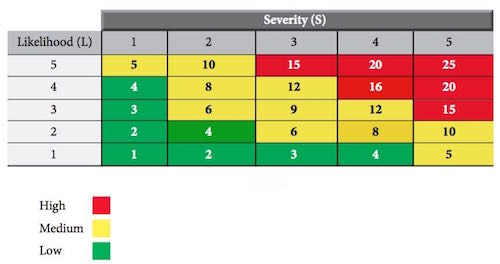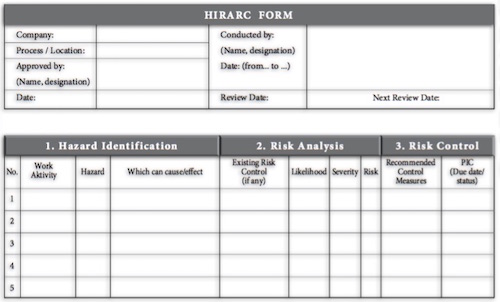Safety engineering could be considered a field in which to apply scientific knowledge to engineering systems. The ultimate goal is to prevent the occurrence of accidents at work in the engineering system itself.
Being in this field, an individual should have knowledge and understanding of biology, chemistry, physiology, statistics, physics, mathematics, communication, mechanical engineering, computer science, industry practices, and business.
This means, not just any individual has the ability to do the work in this field. In fact, the professionals also need to have a large amount of training, education and experience in a given field and procedures of engineering and science.
A variety of specialized areas for people in the field of safety engineering can go further. Among them are industrial health and safety, fire safety and emergency response, law enforcement, general industrial, clean room and contamination control, toxicology, accident investigation and analysis, environmental safety and health, ergonomics, system and process safety, regulations and standards, and more.
Safety engineers also have to work with other professionals, thus make the smooth running of the business. In addition, have great understanding in the business, how it works, and how to communicate with others in the business world is an advantage for these experts.












